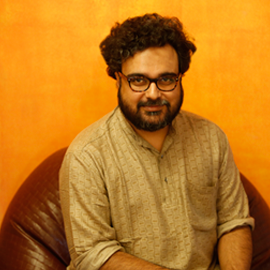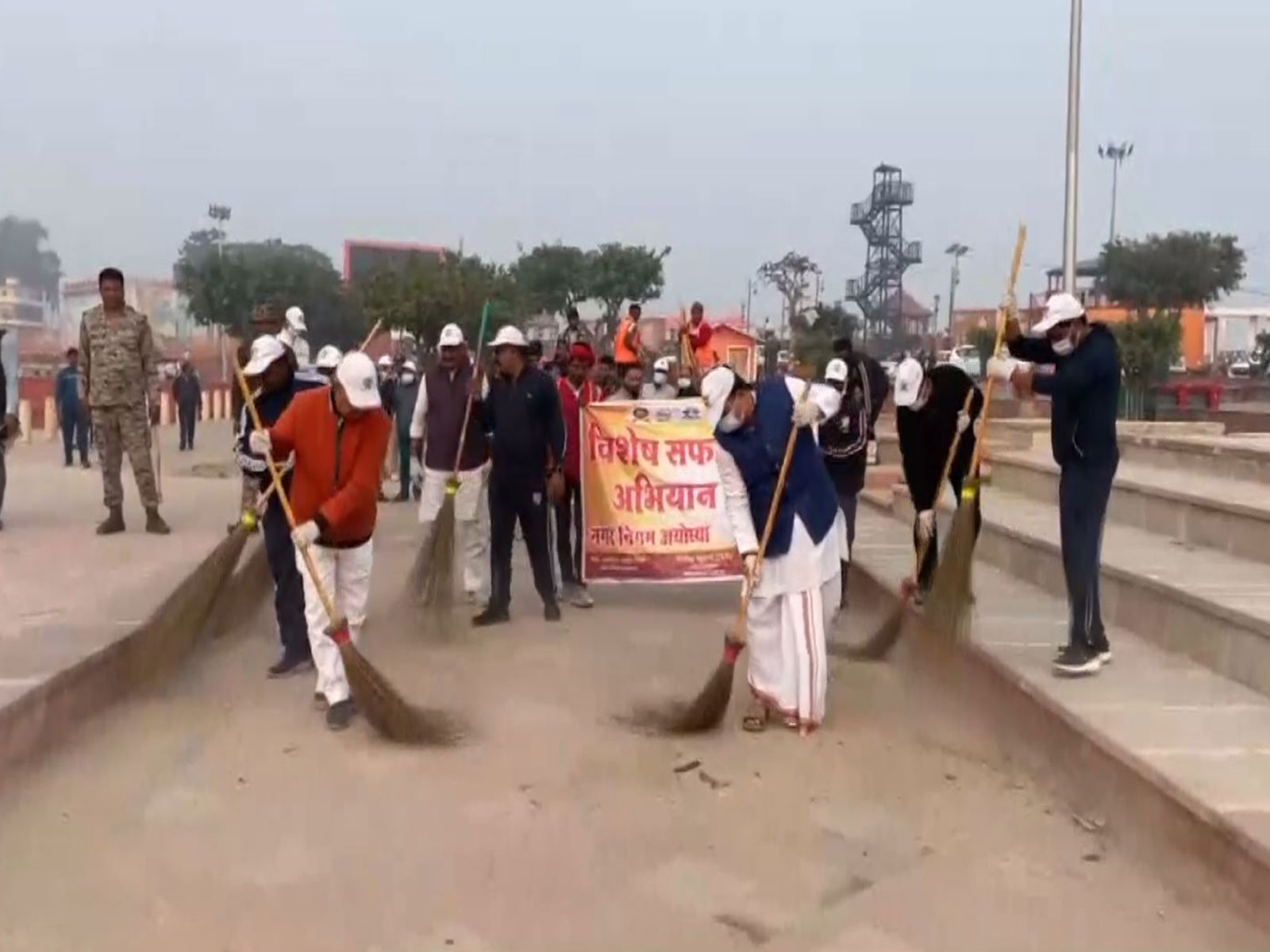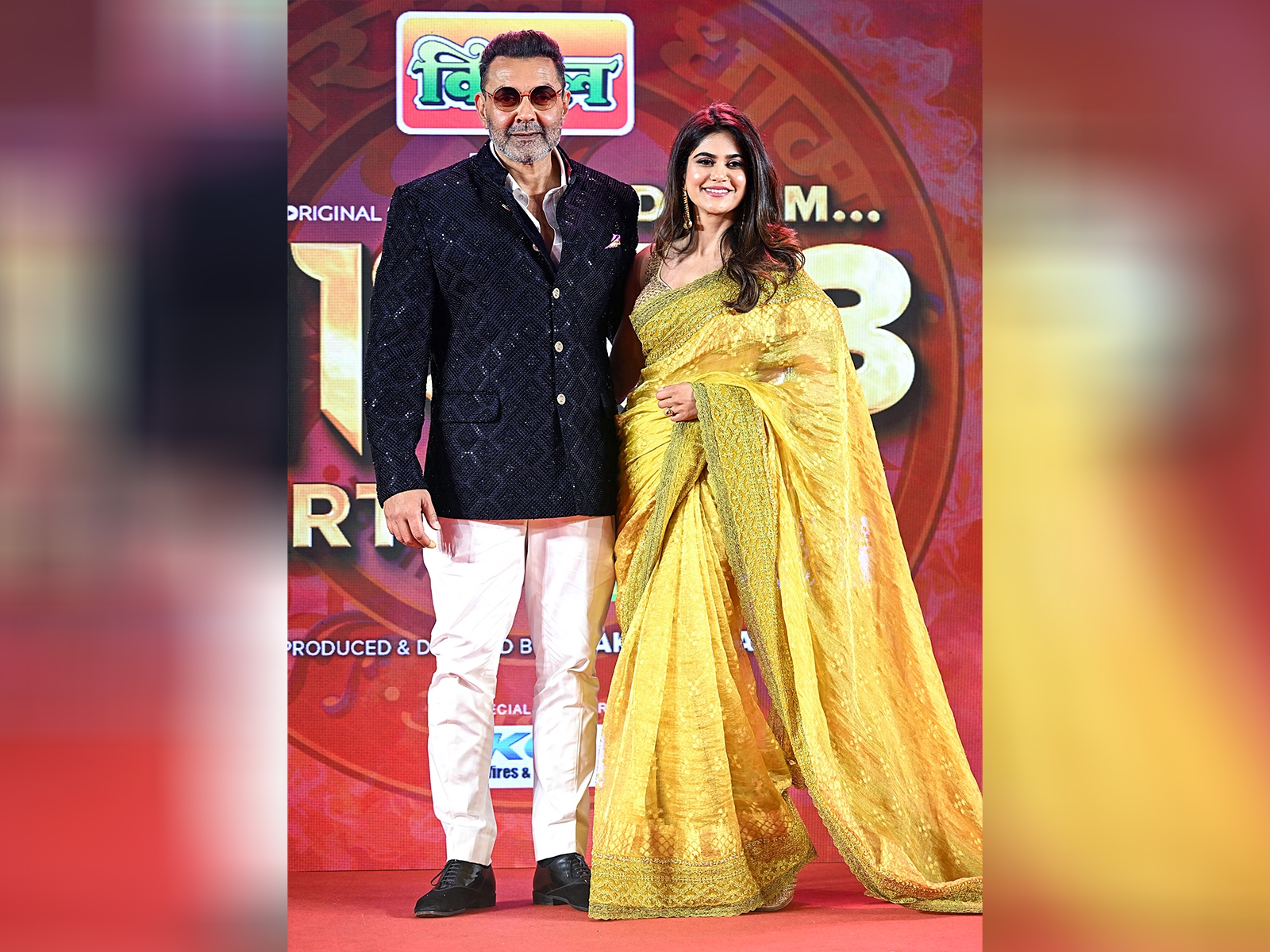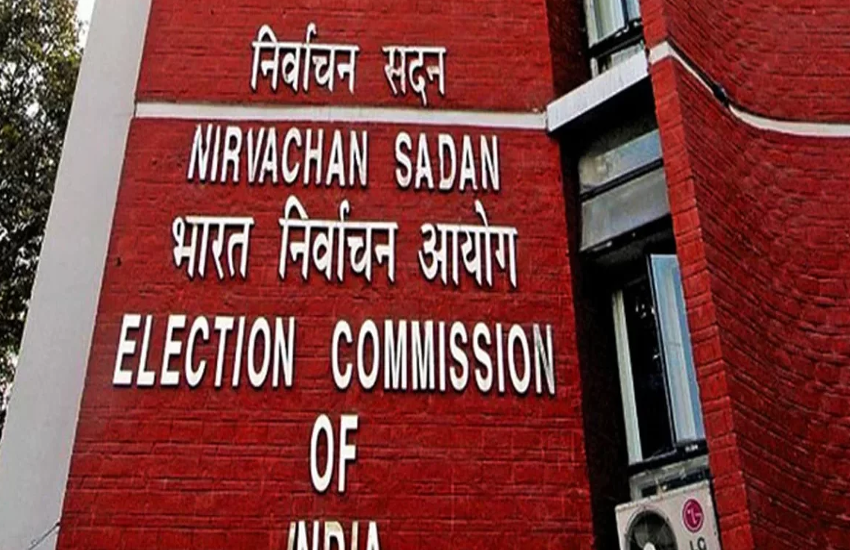2015 was a hard year for Modi. Here are 10 challenges he faces in 2016

It is not surprising that Prime Minister Narendra Modi cancelled the year-end vacations for his Cabinet colleagues and BJP leaders.
The last year was a bad one for him, with electoral defeats in Delhi and Bihar, unproductive Parliament sessions, protests by diverse sections and the indifferent state of the economy.
The problem for the PM is that since he is the unquestioned face of the party, every failure or criticism gets directed at him.
Political pundits predict that 2016 might have more difficulties in store for Modi. Here are 10 of the major challenges he will have to face.
Elections are due in West Bengal, Tamil Nadu, Kerala, Assam and Puducherry in the summer of 2016.
With just a few months to go, the campaigning is likely to begin very soon. Even though the BJP is trying to make a mark in these states, these are not the party's core areas of influence. As a result the party is facing difficulties in terms of organisation and state-level leadership.
The only hope for the party is Modi's charisma and the performance of the Union government, but the popularity levels for both seem to be receding.
The government has claimed that India's economy is growing at a rate of 7.5%. But many experts are doubtful as this is not reflected in other important parameters. Exports have fallen by 16.52% in 1 year. The rupee is at a 2 year low. Key sectors like real estate and automobiles have stagnated.
Also read - Declining exports, few jobs, falling rupee: Is this 7.5% growth, Mr Jaitley?
Finance minister Arun Jaitley has cited higher revenue as proof of economic growth. But this has largely been because of higher taxes, not growth. Ushering in real growth will be a major challenge for the government this year.
The PM is likely to reshuffle the Cabinet soon as the existing team seems to be under-performing. Most ministers have poor report cards. Some are surviving because of the support they enjoy from the party and the RSS. Others have been playing it safe. It is believed that the problem partly lies in too much centralisation. But how can this be addressed without bringing in the right people?
ALSO READ: New year, new cabinet: Modi govt and BJP set for major overhaul
The government has been unable to bring in the big ticket reform bills because of the logjam in Parliament. It is in a minority in the Upper House, which has been a major roadblock.
The government is partly to blame as it chose to put forward Bills like the land acquisition ordinance, which the Opposition was known to be hostile towards. Instead it could focused on legislations on which there was greater consensus. Ensuring that the House functions and passes Bills should be the top priority for the government. Modi needs to reach out to the Opposition and his floor managers will have to work overtime.
[twittable]PM is likely to reshuffle the Cabinet soon as the existing team seems to be under-performing[/twittable]
Throughout 2015, hardline Hindutva elements seemed to be operating with impunity. This could be seen in the beef-related attacks as well as the general rise in intolerance.
What emboldened them further were the extreme statements made by ministers like Mahesh Sharma.
This was an embarrassment for Modi, who often faces criticism for failing to adopt a more inclusive approach towards religious minorities.
The PM will have take extra efforts to correct this image.
ALSO READ - A for Award Wapsi, B for beef... 2015 will go down as the Year of Intolerance
Nepal used to be one of India's closest friends. Now ties seem to have hit rock bottom. Nepal has accused India of carrying out an economic blockade against it. India also seems to be losing the game in Afghanistan.
However, the drawbacks on the foreign policy front will be forgotten if Modi is able to make a breakthrough in improving relations with Pakistan. His "surprise" meeting with Pakistan PM Nawaz Sharif on the latter's birthday was an important and a unique step in this direction. But the real proof of Modi's success would be if Pakistan genuinely addresses India's concerns on terrorism.
ALSO READ - #Review2015: despite Modi's epic air miles, foreign policy is on a wing & a prayer
The RSS and the core supporters of the BJP have very different expectations. They want the government to do much more on key Hindutva issues like Ram Mandir, Article 370 and Uniform Civil Code.
The periodic outbursts by hardliner MPs and Sangh leaders seem to be an effort to push the government in this direction.
Another problem that the BJP is facing is unrest within party ranks because of the concentration of power in the hands of Modi and Amit Shah. It is not surprising that Arun Jaitley, the third member of the BJP's ruling troika, is in the line of fire within the party.
If the BJP suffers more electoral defeats, the voices against the leadership are only likely to get louder.
ALSO READ - December 6: Ram Mandir, a commitment or convenience for the BJP?
The year 2015 was was also a year of protests against the government. From business icons to poets, writers, filmmakers, artists, farmers and workers, the government faced dissent on a number of fronts. These protests exposed the fault-lines that exist in the country. The government needs to do a better job of intuiting and avoiding causes for dissent this year.







![BJP's Kapil Mishra recreates Shankar Mahadevan’s ‘Breathless’ song to highlight Delhi pollution [WATCH] BJP's Kapil Mishra recreates Shankar Mahadevan’s ‘Breathless’ song to highlight Delhi pollution [WATCH]](https://images.catchnews.com/upload/2022/11/03/kapil-mishra_240884_300x172.png)

![Anupam Kher shares pictures of his toned body on 67th birthday [MUST SEE] Anupam Kher shares pictures of his toned body on 67th birthday [MUST SEE]](https://images.catchnews.com/upload/2022/03/07/Anupam_kher_231145_300x172.jpg)






